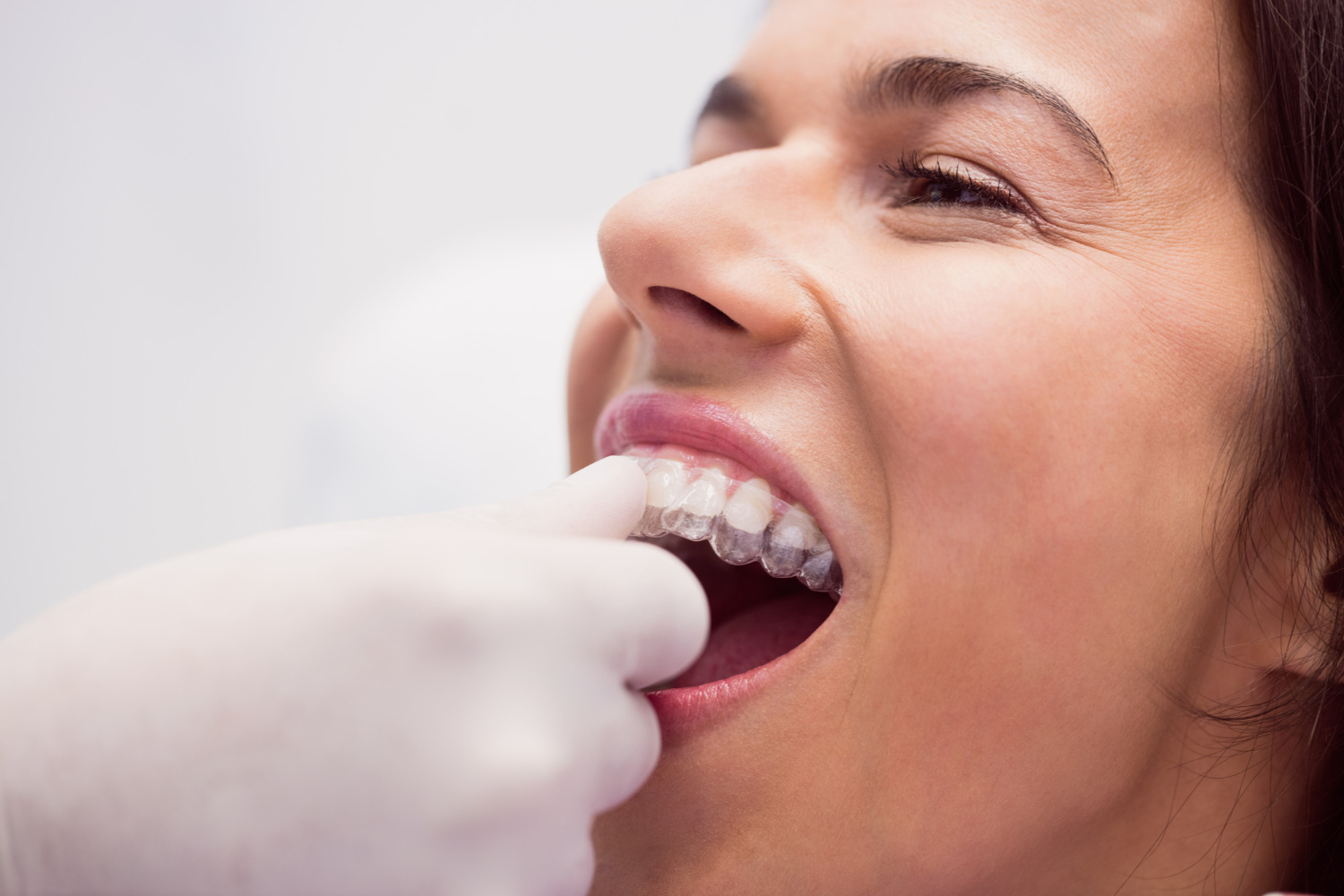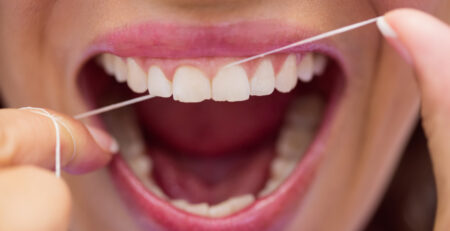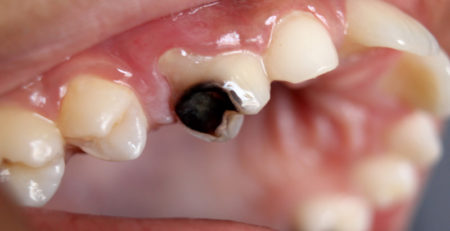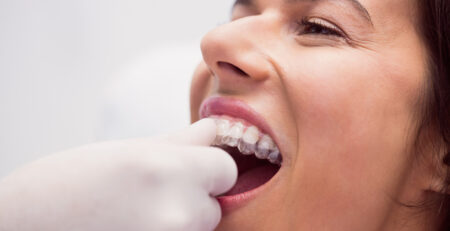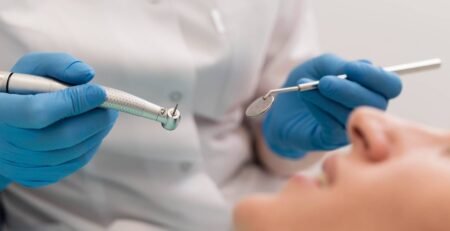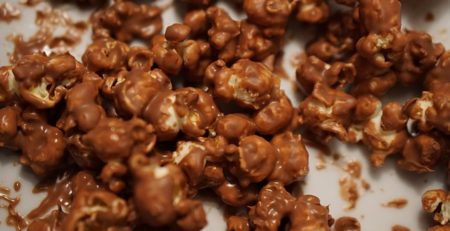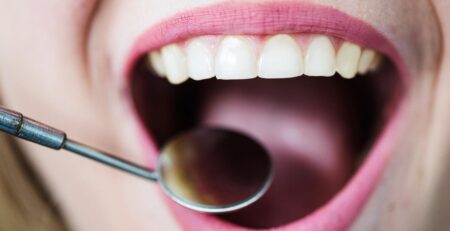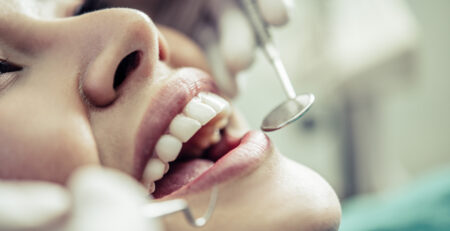How to Prevent Gum Disease at Home
Gum disease is more than just an inconvenience; it’s a serious condition that can lead to tooth loss if left unchecked. Fortunately, there are several effective strategies you can adopt at home to prevent gum disease. By following these simple yet powerful tips, you can keep your gums healthy and your smile bright.
Brushing Techniques
Brushing your teeth is the cornerstone of oral hygiene, but not everyone does it correctly. To maximize the effectiveness of your brushing routine, start by choosing a soft-bristled toothbrush. Hold it at a 45-degree angle to your gums and use gentle, circular motions to clean the outer and inner surfaces of your teeth. Make sure to spend at least two minutes brushing, paying extra attention to the gum line where plaque tends to accumulate.
Another important aspect of brushing is consistency. Brushing twice a day—once in the morning and once before bed—is essential for removing food particles and bacteria that can cause gum disease. Don’t forget to brush your tongue as well, as it can harbor bacteria that lead to bad breath and gum issues. Replace your toothbrush every three to four months or sooner if the bristles are frayed to ensure it remains effective.
Flossing Daily
Flossing might seem like a chore, but it’s crucial for maintaining gum health. Flossing removes plaque and food particles from between your teeth and under the gum line, areas that a toothbrush can’t reach. To floss effectively, use about 18 inches of floss, winding most of it around your middle fingers and leaving a couple of inches to work with. Gently slide the floss between your teeth, curving it around each tooth in a C shape and moving it up and down.
Consistency is key with flossing as well. Make it a daily habit, ideally before brushing at night, to ensure your teeth and gums are thoroughly cleaned. If traditional flossing is difficult for you, consider using floss picks or a water flosser to achieve the same results. Remember, the goal is to disrupt and remove the plaque that causes gum disease.
Using Mouthwash Effectively
Mouthwash is a great addition to your oral hygiene routine, but it’s important to use it correctly. Choose an antiseptic mouthwash that kills bacteria and reduces plaque. Pour the recommended amount into a cup, swish it around your mouth for 30 seconds, and then spit it out. Avoid eating or drinking for at least 30 minutes afterward to allow the mouthwash to work effectively.
Incorporating mouthwash into your routine twice a day can help keep your gums healthy. It’s not a replacement for brushing and flossing but acts as an additional measure to reduce bacteria and freshen your breath. Look for mouthwashes with fluoride to strengthen your teeth while you protect your gums.
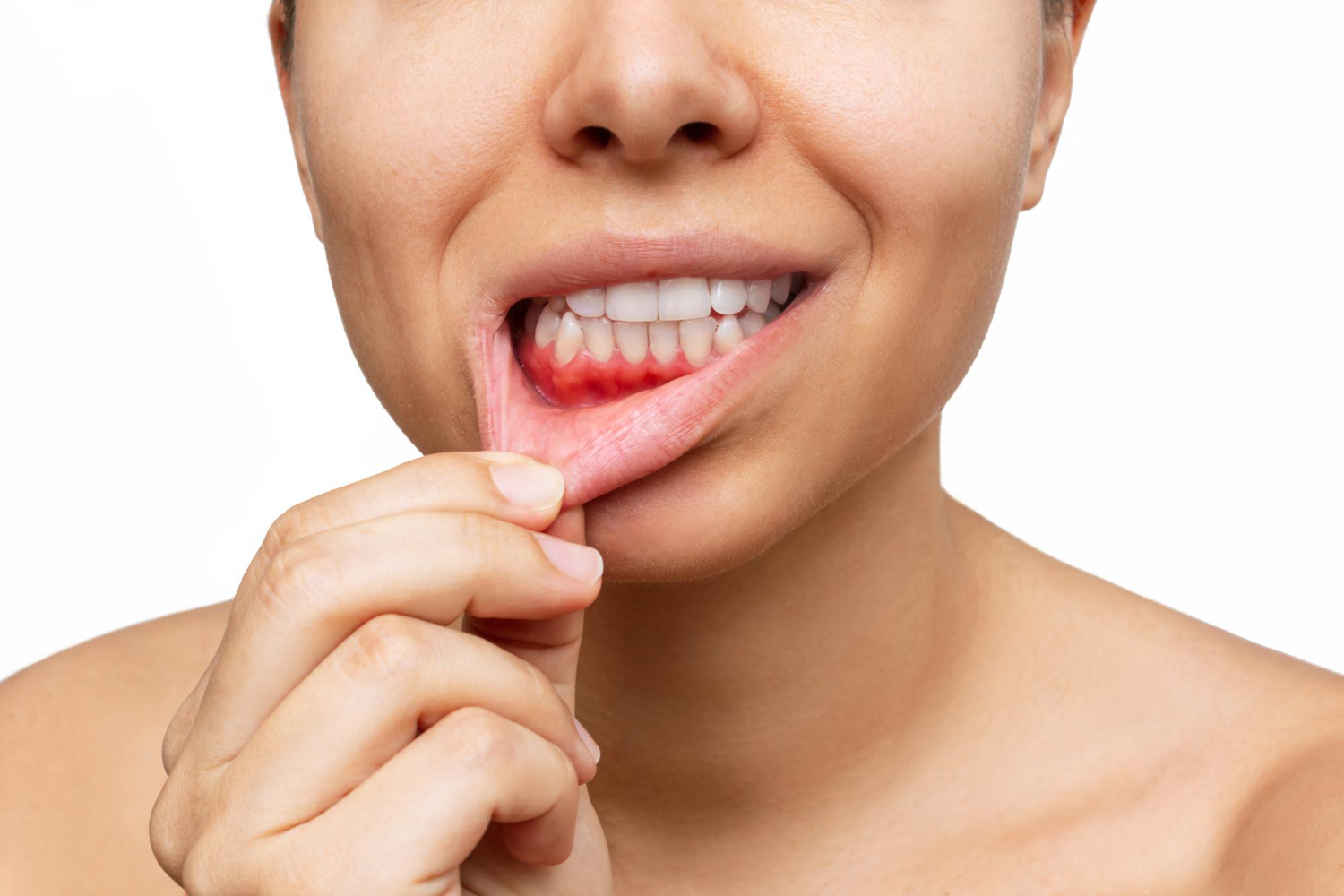
Choosing the Right Toothbrush
The type of toothbrush you use can make a significant difference in your gum health. Opt for a toothbrush with soft bristles to prevent irritation and damage to your gums. Hard bristles can wear down your enamel and cause your gums to recede, which can lead to gum disease. Consider an electric toothbrush, which can be more effective at removing plaque compared to a manual one.
Electric toothbrushes often come with timers to ensure you’re brushing for the recommended two minutes, and some even have pressure sensors to prevent you from brushing too hard. Replace the brush head every three months or sooner if it becomes worn. The right toothbrush can help you maintain proper brushing techniques and keep your gums healthy.
Eating a Balanced Diet
Your diet plays a crucial role in your oral health. Eating a balanced diet rich in vitamins and minerals supports healthy gums. Foods high in vitamin C, such as oranges, strawberries, and bell peppers, are particularly beneficial because they help repair connective tissues and prevent gum inflammation. Calcium-rich foods like milk, cheese, and yogurt strengthen your teeth and jawbone.
Limiting sugary and starchy foods can also prevent gum disease. These foods contribute to plaque buildup, which can lead to gum issues. Instead, snack on crunchy fruits and vegetables like apples and carrots, which help clean your teeth and stimulate your gums. Staying hydrated by drinking plenty of water throughout the day also helps wash away food particles and bacteria.
Avoiding Tobacco Products
Tobacco products are one of the worst things for your gums. Smoking and chewing tobacco can cause severe gum disease by impairing blood flow to your gums, making them more susceptible to infection. Tobacco use also increases the risk of developing oral cancer and can delay healing after dental procedures.
Quitting tobacco can dramatically improve your gum health. It may be challenging, but there are resources available to help you stop smoking or chewing tobacco. Talk to your doctor about cessation programs, nicotine replacement therapy, or prescription medications that can aid in quitting. The sooner you quit, the better for your gums and overall health.
Monitoring Gum Health
Regularly checking your gums for signs of disease can help you catch issues early. Healthy gums are firm, pink, and fit snugly around your teeth. If you notice redness, swelling, bleeding, or receding gums, these could be signs of gum disease. Other symptoms include persistent bad breath and a bad taste in your mouth.
Keep an eye on these signs and see your dentist if you notice any changes. Early detection and treatment of gum disease can prevent it from progressing to more serious stages. Your dentist can provide professional cleanings and treatments to keep your gums healthy and advise you on any necessary changes to your oral hygiene routine.
Regular Dental Check-ups
Visiting your dentist regularly is essential for preventing gum disease. Dental check-ups allow your dentist to detect early signs of gum disease and provide professional cleanings to remove plaque and tartar that you can’t eliminate at home. Most dentists recommend seeing them every six months, but you might need more frequent visits if you have a history of gum disease.
During your visit, the dentist will examine your gums, teeth, and overall oral health. We can also give you personalized advice on improving your oral hygiene routine and answer any questions you have about gum disease prevention. Regular dental check-ups are a vital part of keeping your gums and teeth in top condition.
Take Charge of Your Gum Health Today – Partner with Lumina Dental for a Healthier Smile!
Don’t let gum disease take a toll on your smile. By incorporating these simple yet effective practices into your daily routine, you can ensure your gums stay healthy and your teeth remain strong. But remember, professional care is just as important as your at-home efforts. At Lumina Dental, our team of experts is dedicated to providing you with top-notch dental care and personalized advice to keep your gums in perfect health. Don’t wait until it’s too late—take proactive steps today to protect your oral health. Ready to make your dental health a priority? Contact us now to schedule your appointment and take the first step towards a healthier smile with Lumina Dental.

